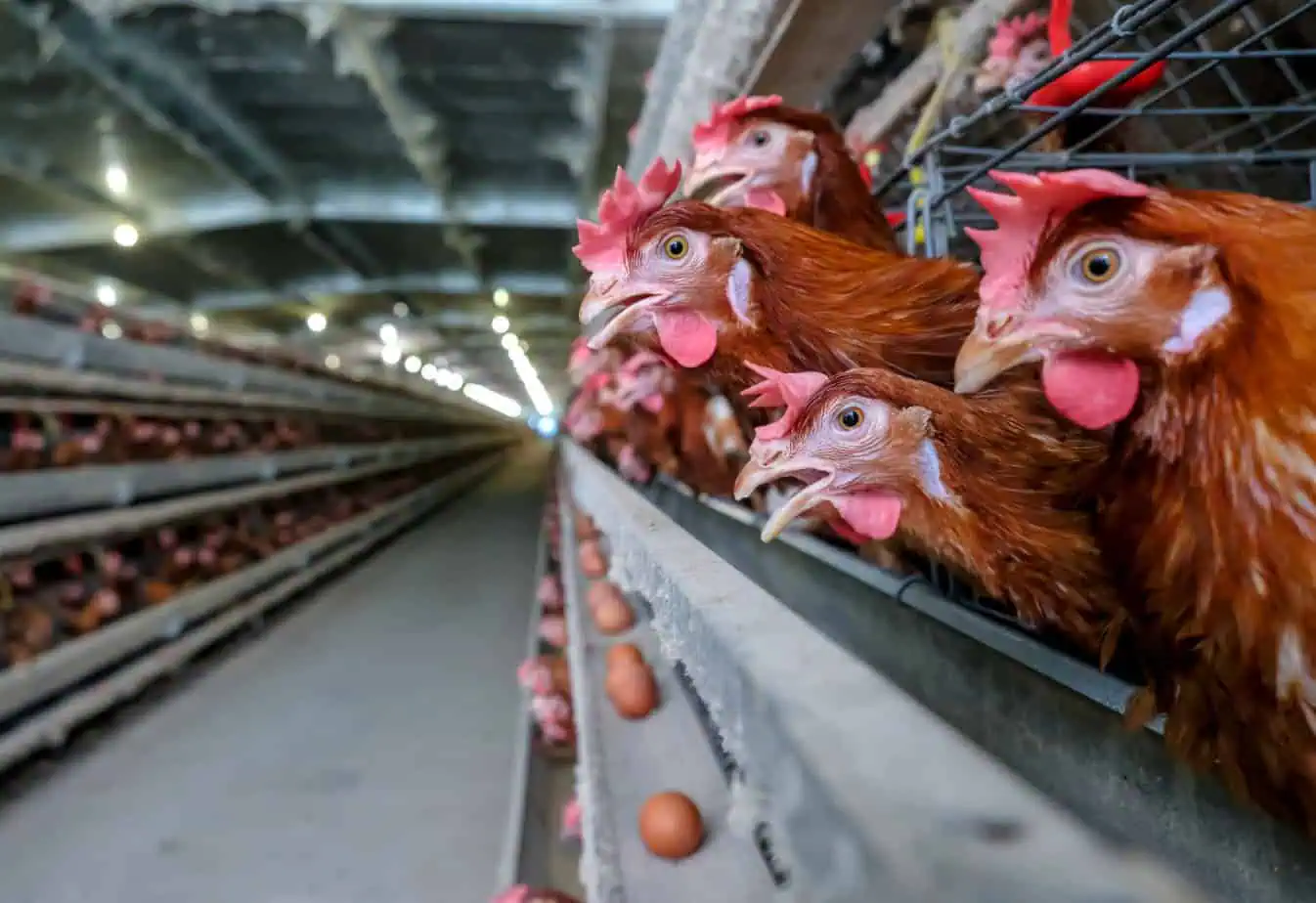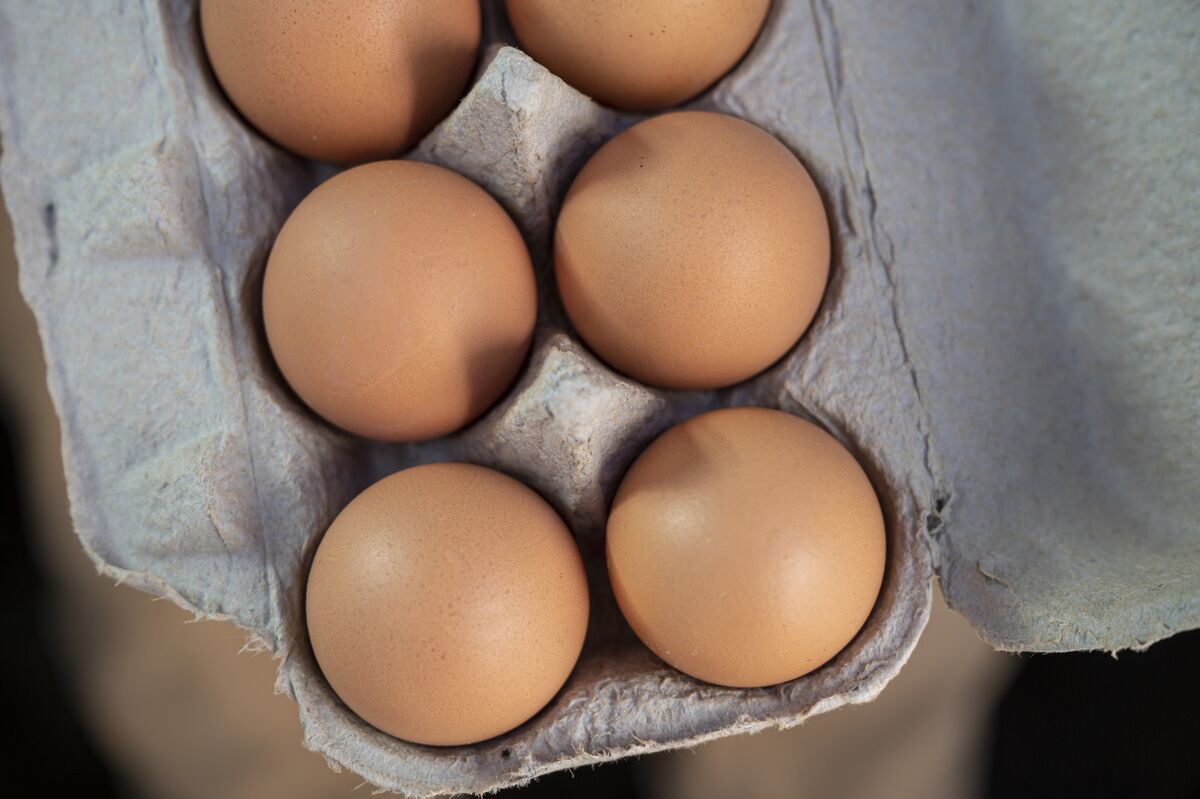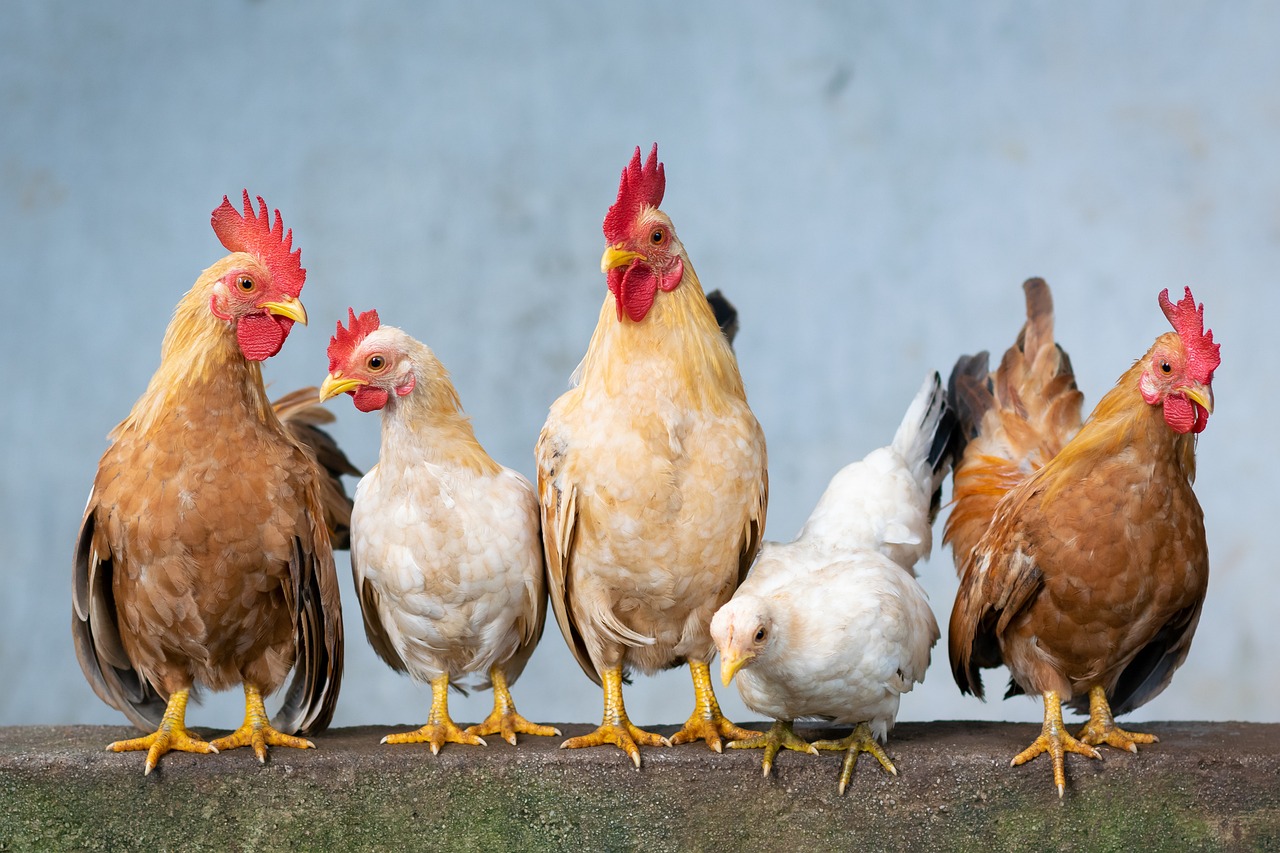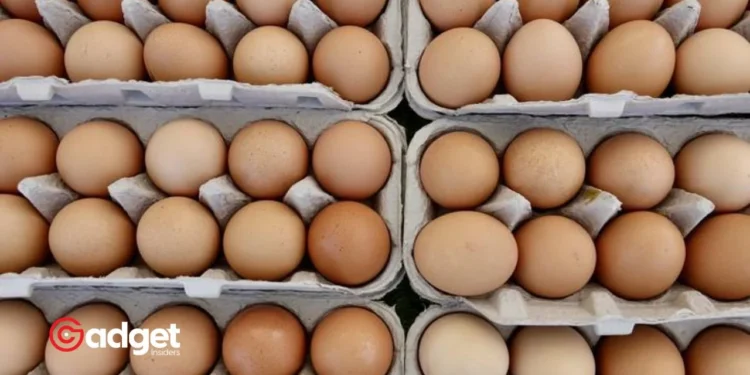In a move that underscores the ongoing challenges faced by the poultry industry, Cal-Maine Foods, the United States’ premier egg producer, has been thrust into the spotlight following the discovery of bird flu at one of its Texas facilities. This development, part of a larger wave of outbreaks across the nation, has significant implications for egg supply, industry practices, and public health.

Bird Flu Scare: The Incident at Cal-Maine Foods
Cal-Maine Foods, headquartered in Ridgeland, Mississippi, announced on Tuesday that its Parmer County facility in Texas detected the presence of the highly pathogenic avian influenza (HPAI) in its flock.
The immediate response, involving the culling of nearly 2 million chickens, including 1.6 million hens and 337,000 pullets, has highlighted the relentless threat posed by HPAI to both the poultry industry and wider ecosystems.
This incident, marking a considerable loss of about 3.6% of the company’s total flock, has not only disrupted production at the Texas plant but also prompted a halt as the company adheres to stringent protocols established by the U.S. Department of Agriculture.

Beyond the Flock: Broader Implications
The revelation of bird flu at a Cal-Maine Foods facility coincides with a report from the Centers for Disease Control (CDC) detailing a human case of the virus in Texas, further amplifying concerns about the virus’s potential to affect humans.
This case, following close contact with dairy cattle, underscores the complex web of transmission routes bird flu can exploit, spanning across different animal species and occasionally, to humans.
With bird flu cases on the rise, the spotlight has once again fallen on the critical importance of maintaining robust biosecurity measures. Cal-Maine Foods, in its commitment to minimizing the risk of future outbreaks, has stressed its dedication to comprehensive biosecurity programs, despite acknowledging that no farm is entirely immune from the threat of HPAI.
The largest egg producer in the US, Cal-Maine Foods, has culled ~ 1.6 million hens & 337,000 pullets in Texas due to bird flu. Egg production has been halted.
The virus has also infected a commercial poultry facility in Michigan.https://t.co/Qr4ASUlKlZ via @CBSNews pic.twitter.com/kk6X2jOUYh
— Tom (@DrTOMontgomery) April 3, 2024
The Economic and Health Stakes
The bird flu outbreak at Cal-Maine Foods’ Texas plant is not an isolated incident but part of a larger narrative that includes significant economic implications and public health considerations. The poultry industry, grappling with the fallout from HPAI, faces substantial financial losses, not to mention the potential impact on egg prices and availability.
On the health front, while the USDA and health authorities maintain that the risk to the general public is low, the emergence of human cases of bird flu, albeit rare, calls for vigilance. The situation serves as a reminder of the importance of maintaining distance from affected animals and practicing good hygiene to mitigate the risk of transmission.

Looking Ahead: Industry Resilience and Consumer Safety
As Cal-Maine Foods works to secure production from other facilities to minimize disruption, the incident at the Texas plant underscores the need for ongoing vigilance, rapid response capabilities, and a commitment to biosecurity across the poultry industry.
For consumers, the bird flu outbreak is a stark reminder of the interconnectedness of animal health and human health. By staying informed and supporting practices that promote the health of poultry flocks, consumers can play a role in the broader effort to prevent the spread of bird flu and ensure the continued safety and availability of eggs and poultry products.
The poultry industry, faced with the challenge of bird flu, continues to navigate the delicate balance between meeting consumer demand, maintaining animal health, and protecting public health.
The response by Cal-Maine Foods to the outbreak at its Texas facility highlights the industry’s resilience and the critical role of stringent biosecurity measures in safeguarding the nation’s food supply.










